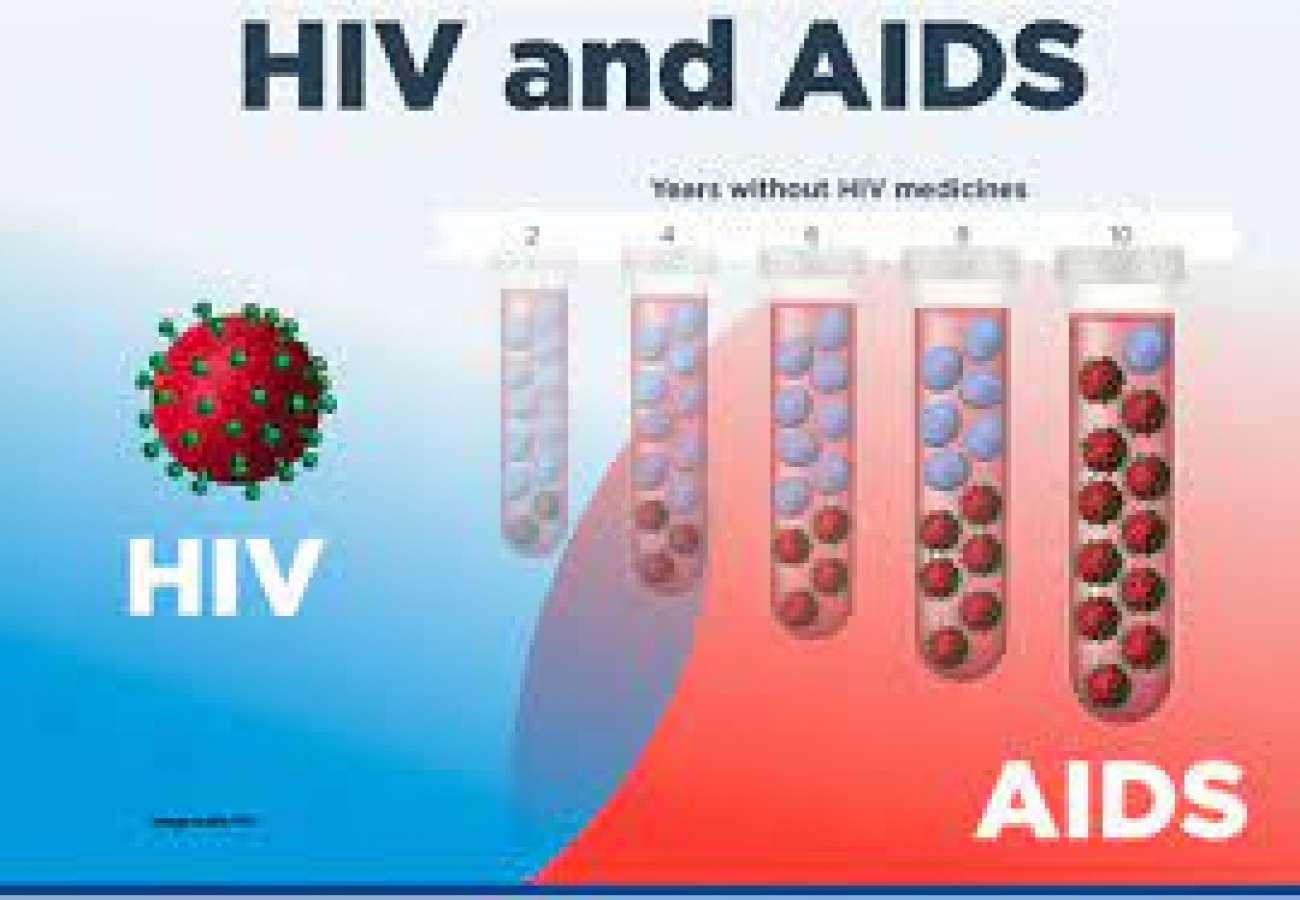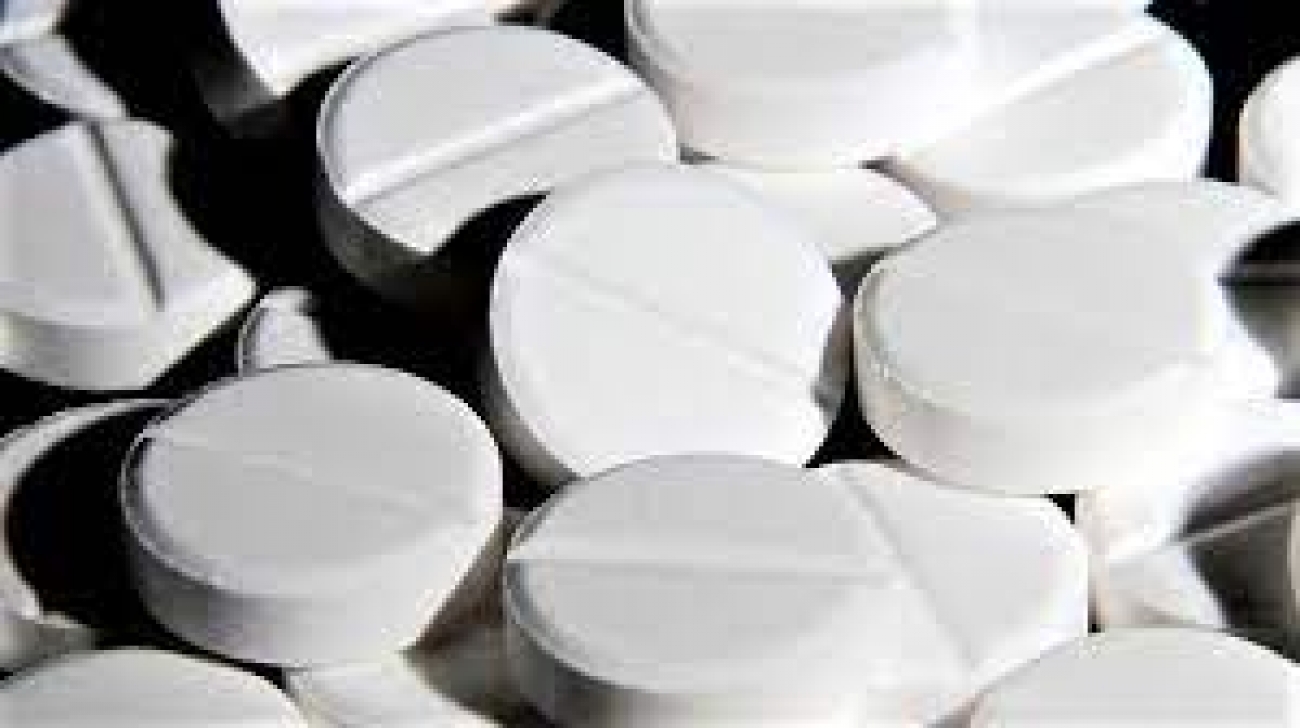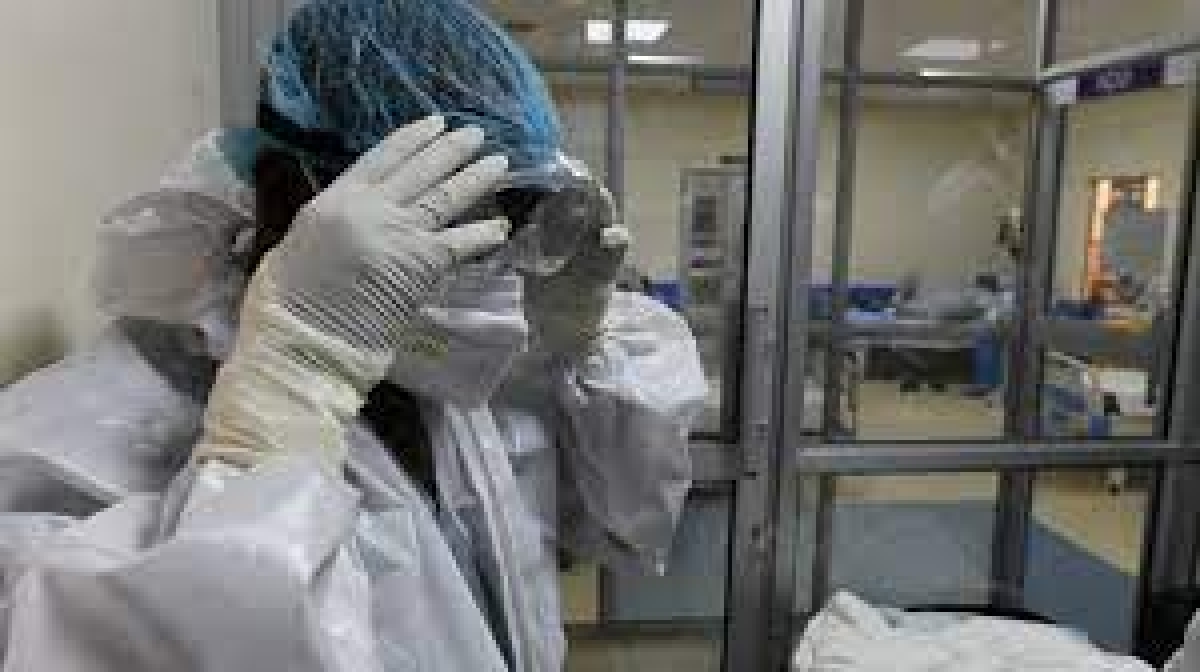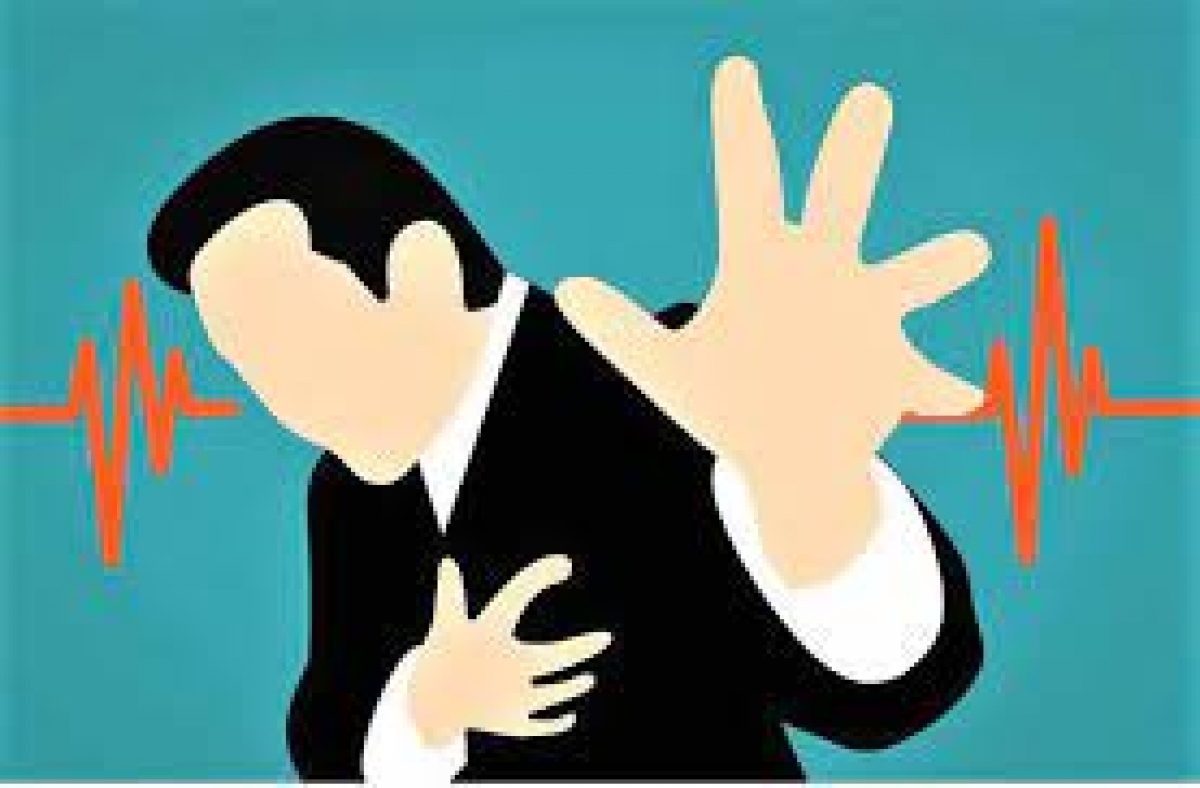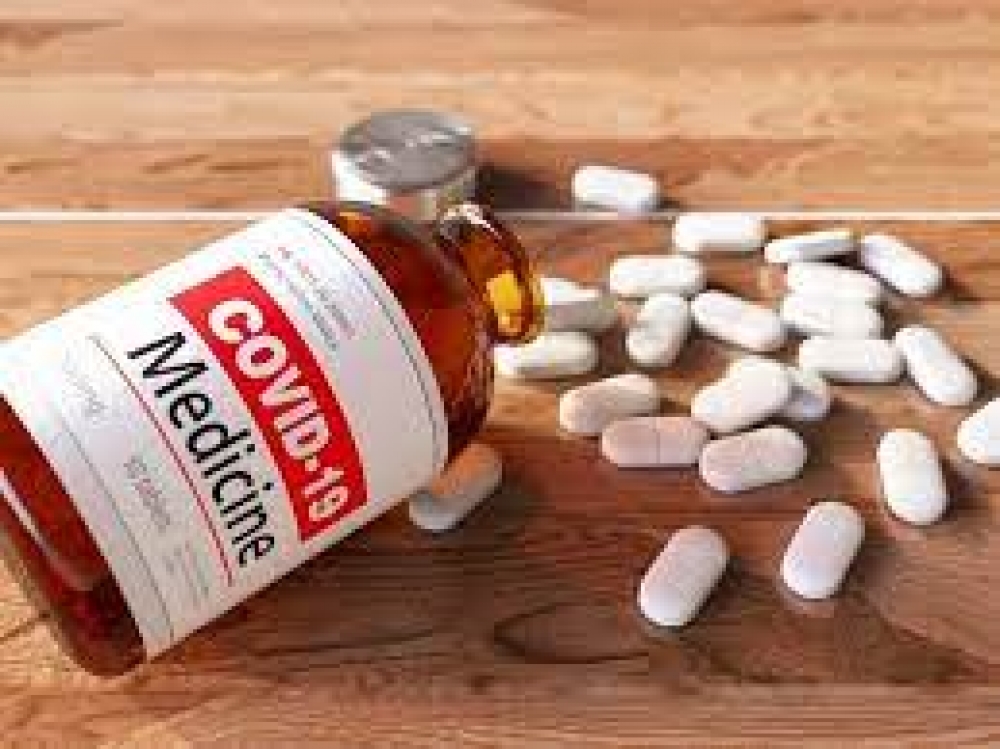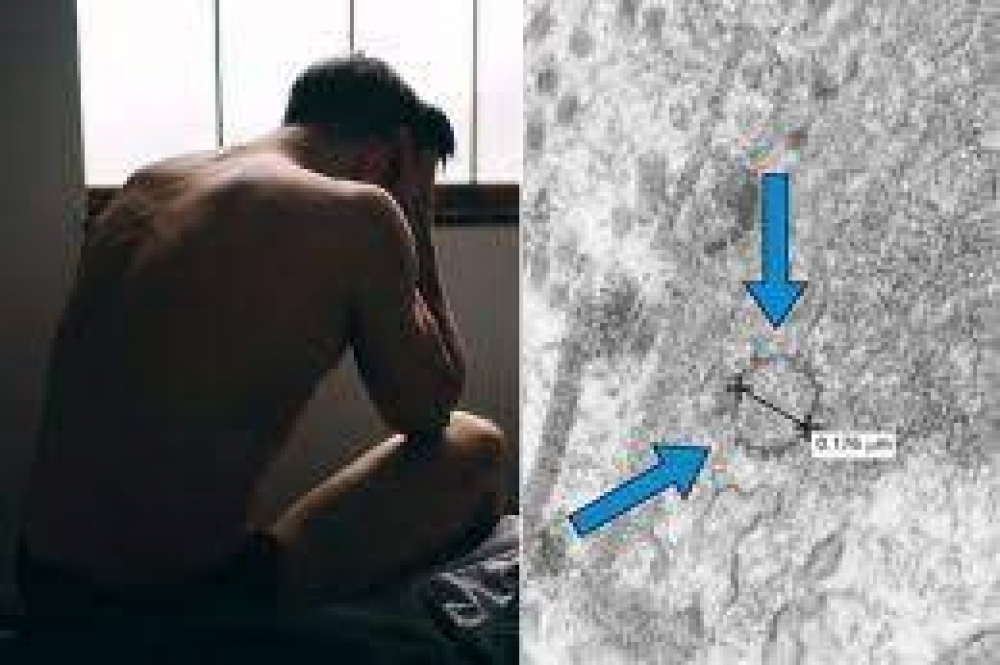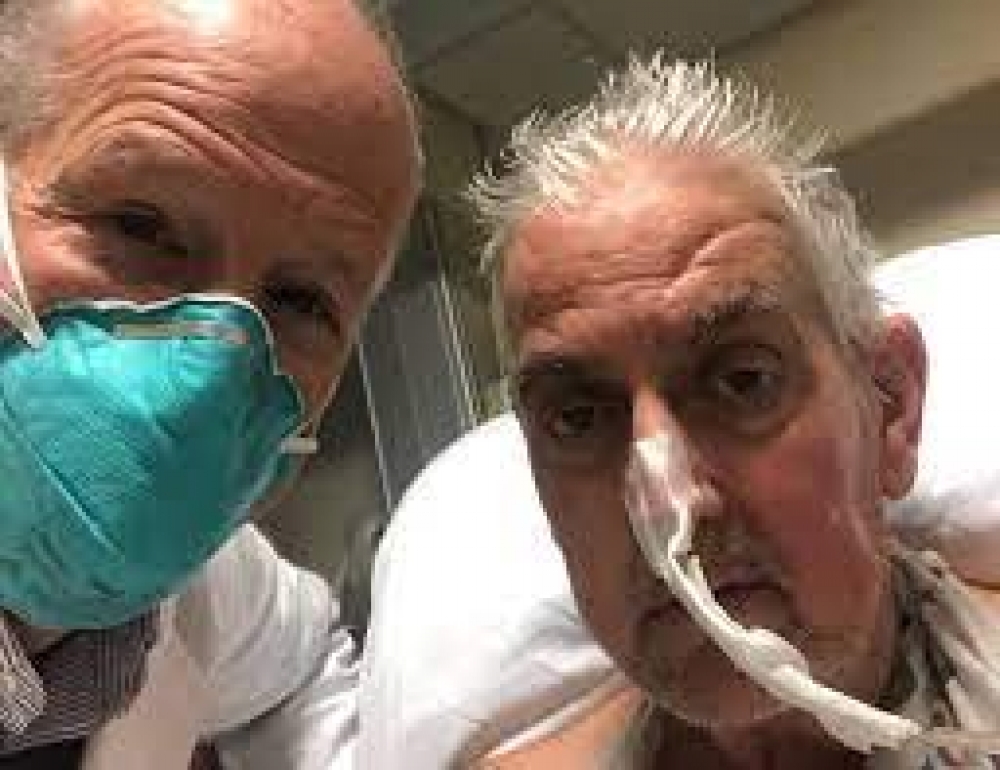Frontpage News (3259)
Cooking with animal fat dangerous, increases risk of heart attack, experts warn
Site AdminNutrition and animal scientists have cautioned against the use of animal fats as a healthier substitute to vegetable oils. While warning that the intake of animal fat is dangerous to health, the experts noted that it could cause serious health complications including heart attack.
According to the experts, animal fats also known as animal tallows have a high content of saturated fat which could cause hypertension and heart attacks. Tallow, as explained in an article published by delightedcooking.com, is a form of rendered fat, classically made from beef.
Giving babies only pap not sufficient for growth, physician tells mothers
Site AdminA Senior Registrar in Paediatrics at the University of Port Harcourt Teaching Hospital, Dr. Chinwe Ogbonnaa-Njoku says while pap is a very nutritious meal for babies, nursing mothers should not depend on it for the growth of their children.
According to Dr. Ogbonnaa-Njoku, pap is not enough by itself for growing babies, hence the need to gradually introduce the whole range of family diets to babies from six months. “Pap is a very nutritious meal high in carbohydrate, B vitamins and has some protein and other micronutrients.
Marijuana could damage brain, affect ability to think, plan, study says
Site AdminA new study has indicated that persons using marijuana may find it more difficult to perform cognitive functions. According to the study, persons using marijuana, especially youth, are at risk of brain damage as the weed can affect the ability to think, solve problems and plan.
While the debate on the health effect of marijuana had remained contentious for years, the new study has once again highlighted the impact it can have on its users, CNN reported. The review of the study published on Thursday in the journal Addiction stated that contrary to the view of many people, the impact of marijuana may well go beyond the initial high and may affect the ability to think and plan, especially for adolescents.
‘Pregnant women who consume sweeteners risk having obese children’
Site AdminA new study by Canadian researchers has indicated that pregnant women who consume lots of artificial sweeteners could be more at risk of giving birth to children who end up being obese. The study, though carried out on rats, found that pregnant rats fed stevia or aspartame artificial sweeteners had pups that were fatter.
The researchers who performed the experiment stated that their findings could be used to caution expectant mothers against consuming sweeteners, noting that other studies have found similar findings in humans.
Eti-Osa, Ibeju-Lekki, Epe LGAs lead in high HIV prevalence rate in Lagos
Site AdminA new report has indicated that Eti-Osa, Ibeju-Lekki, and Epe Local Government Areas lead the pack of LGAs with a high HIV prevalence rate in Lagos state. The report was from a survey carried out by the Maryland Global Initiatives Corporation and titled ‘Nigerian HIV/AIDS Indicator and Impact Survey report in Lagos State’
The report covers the overall HIV/AIDS surveillance in the state. The Commissioner for Health, Prof. Akin Abayomi disclosed this on his Instagram handle @profakinabayomi, when he received the Country Director, Maryland Global Initiatives Corporation, Dr. Sylvia Adebajo.
Persons abusing paracetamol at increased risk of kidney, liver, blood cancers, expert warns
Site AdminA pharmaceutical scientist, Tony Oyawole has warned Nigerians against the indiscriminate use of paracetamol, noting that it could damage the liver and kidney. According to Oyawole, people engaging in the indiscriminate use of paracetamol are also at increased risk of blood cancer.
Speaking with PUNCH Healthwise, the community pharmacist, urged Nigerians to refrain from self-prescription of the pain killer, noting that using it indiscriminately can cause serious health problems. He said while paracetamol is a simple drug, it is also a very dangerous drug when not used according to prescription.
Dried goji berries may protect age-related vision loss -Study
Site AdminA new study has found that eating a small serving of dried goji berries may help prevent or delay the development of age-related macular degeneration. Age-related macular degeneration is an eye disease that may get worse over time. It’s the leading cause of severe, permanent vision loss in people over age 60. It happens when the small central portion of your retina, called the macula, wears down.
The research, conducted by the University of California, Davis, suggests that a small serving of dried goji berries may help prevent or delay vision decline among healthy middle-aged people.
After a six-week surge, Africa’s fourth pandemic wave driven primarily by the Omicron variant is flattening, marking the shortest-lived surge to date in the continent where cumulative cases have now exceeded 10 million.
As of 11 January, there have been 10.2 million COVID-19 cases in Africa. Weekly cases plateaued in the seven days to January 9 from the week before. WHO Regional Office for Africa in Brazzaville in a statement said Southern Africa, which saw a huge increase in infections during the pandemic wave, recorded a 14 per cent decline in infections over the past week.
Why heart attacks occur at night, early in the morning –Cardiologists
Site AdminCardiologists have urged Nigerians living with hypertension to always ensure that they have good blood pressure control, especially at night and early in the morning. The cardiologists said studies have shown that heart attacks occur more in the early hours of the morning, noting that ensuring good blood pressure control at night and early in the morning could help prevent it.
They explained that heart attacks in the early hours of the day are usually fuelled by some hormonal changes that tend to occur at that time of the day. According to the heart care specialists, the surge in hormones during the early hours of the morning could lead to a heart attack which could also lead to cardiac arrest if not managed promptly and properly.
The National Primary Healthcare Development Agency has given a vaccination waiver for individuals aged 16 and 17 to enable them to receive coronavirus jabs. The agency said this in an advisory made available to journalists on Thursday.
“The NPHCDA has given a waiver for persons aged 16 and 17 to receive COVID-19 vaccines if required for educational purposes,” the advisory read. The PUNCH had reported that the Federal Government, through the NPHCDA, had earlier recommended that only eligible Nigerians from age 18 and above would be allowed to take the vaccine.
More...
Lassa fever breaks out in Kaduna, two killed, residents fight over dumped fish
Site AdminThe Director of Disease Control, Kaduna State Primary Health Care Development Agency, Dr. Hamza Ikara, on Wednesday said an outbreak of Lassa fever has claimed two lives in the state.
This was as residents of Narayi, in the Chikun Local Area of the state scrambled for suspected toxic frozen fish dumped at a cemetery in the area. Meanwhile, Ikara said the two Lassa fever cases involving a female and a male were recorded in Kubau and Chikun Local Government Areas of the state.
WHO recommends two new drugs for treatment of COVID-19 patients
Site AdminThe World Health Organisation has recommended two new drugs for the treatment of severe and non-severe COVID-19 infections. The global health body said the recommendation is based on new evidence from seven trials involving over 4,000 patients with non-severe, severe, and critical COVID-19 infection.
According to the WHO, the new drugs are baricitinib and sotrovimab. The drug baricitinib (a type of drug known as a Janus kinase (JAK) inhibitor, also used to treat rheumatoid arthritis) is strongly recommended for patients with severe or critical COVID-19 in combination with corticosteroids, a WHO Guideline Development Group of international experts said.
Man claims his penis shrunk by 1.5 inches after contracting COVID-19
Site AdminA heterosexual man in the United States has claimed his penis shrunk by 1.5 inches as a result of vascular damage he suffered after contracting COVID-19. The man in his thirties said the issue has had a ‘profound impact on my self-confidence and abilities in bed’. Speaking on the sex advice podcast ‘How To Do It’, the victim revealed his troubling affliction.
The man said he contracted a severe bout of the virus in July last year, but after being discharged from the hospital upon recovery, was left with a strange case of erectile dysfunction, DailyMail reports.
Man becomes first recipient of heart transplant from pig
Site AdminIn a groundbreaking procedure, a 57-year-old American man has become the first to receive a heart from a genetically modified pig. The patient is said to be doing well according to the surgeons who performed the surgery.
The operation was performed by surgeons at the University of Maryland Medical Centre in Baltimore and took eight hours. According to a report by the New York Times, the patient, David Bennett Sr is being monitored closely for signs that his body may reject the new organ but the doctors say the first 48 critical hours have passed without any incident.





